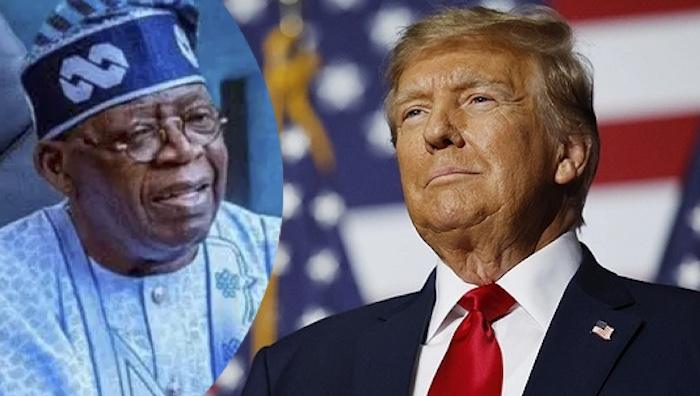U.S. President Donald Trump’s decision to suspend funding for HIV treatment programs worldwide has sent shockwaves through global health communities, with Nigeria among the hardest hit. This unexpected policy shift threatens to derail years of progress in the fight against HIV/AIDS, leaving millions of vulnerable Nigerians at risk. The suspension has raised urgent concerns about the future of HIV treatment in Nigeria, the impact on public health infrastructure, and the broader economic and social consequences of losing such a critical funding source.
The President’s Emergency Plan for AIDS Relief (PEPFAR) has been a cornerstone of global HIV/AIDS treatment since 2003, delivering life-saving antiretroviral therapy (ART) to millions worldwide. In Nigeria alone, where approximately two million people live with HIV, PEPFAR has played a crucial role in providing access to medication, supporting healthcare workers, and strengthening the country’s health system. With over $6 billion in U.S. aid channeled into Nigeria’s HIV/AIDS response, the abrupt halt of funding could lead to devastating consequences, including treatment interruptions, a resurgence of new infections, and increased mortality rates.
Beyond immediate health concerns, the policy shift places Nigeria’s UNAIDS 95-95-95 targets in jeopardy. These global goals aim for 95% of people living with HIV to know their status, 95% of those diagnosed to receive sustained ART, and 95% of those on treatment to achieve viral suppression by 2030. The sudden withdrawal of PEPFAR’s support threatens to halt or reverse progress toward these targets, potentially leading to a rise in new infections and preventable AIDS-related deaths. With treatment access now uncertain, many Nigerians could be forced to abandon their medications, increasing the risk of drug resistance and making future treatment even more difficult.
The economic implications of Trump’s funding suspension could further strain Nigeria’s already fragile healthcare system. With no immediate replacement for PEPFAR’s support, the Nigerian government may be forced to reallocate limited resources to fill the gap, potentially at the expense of other critical health services. Patients who have relied on free or subsidized ART may now face the financial burden of purchasing expensive medication out-of-pocket. For many, this could be an impossible challenge, leading to a dangerous cycle of untreated HIV cases, weakened immune systems, and a surge in AIDS-related complications.
Socially, the situation threatens to intensify the stigma surrounding HIV. A reduction in treatment availability could fuel misinformation, discrimination, and fear, deterring people from getting tested or seeking care. If the public perceives HIV treatment as inaccessible, more individuals may go undiagnosed, leading to increased transmission rates and a public health crisis. The ripple effects of this policy decision extend beyond HIV, as the suspension of international health funding also impacts programs for tuberculosis, malaria, and maternal healthcare, further weakening Nigeria’s overall healthcare landscape.
Medical professionals and activists have voiced strong opposition to the funding cut, warning of catastrophic consequences if Nigeria fails to act swiftly. Popular health advocate Aproko Doctor highlighted the grave dangers posed by the policy shift, emphasizing that without ART, people living with HIV will develop AIDS, and mortality rates will rise. He warned that Nigeria records nearly 200,000 new infections annually, and without intervention, this figure could skyrocket. Furthermore, he stressed that a failing HIV response would place even greater strain on an already overstretched healthcare system, pushing it to the brink of collapse.
Read also: Trump okays policy, allowing immigration arrests at Schools, Churches, Hospitals
Nigeria’s dependence on international donations for healthcare has long been a point of concern. The sudden loss of PEPFAR funding now serves as a stark reminder of the urgent need for self-sufficiency in health financing. Experts argue that the government must act decisively by increasing domestic healthcare investments, expanding local pharmaceutical production, and forging alternative partnerships to sustain HIV treatment efforts. Failure to take immediate action could undo decades of progress, leaving millions at risk and crippling Nigeria’s fight against HIV/AIDS.
Trump’s decision has sparked global outrage, with activists and policymakers urging the U.S. government to reconsider the suspension. The humanitarian and strategic importance of continuing HIV funding cannot be overstated, and advocates continue to push for exemptions to ensure that life-saving treatment remains accessible to those who need it most. Meanwhile, Nigeria faces a crucial moment—either rise to the occasion and take control of its healthcare future or remain vulnerable to the unpredictable shifts of international aid.
